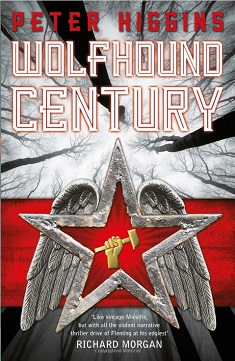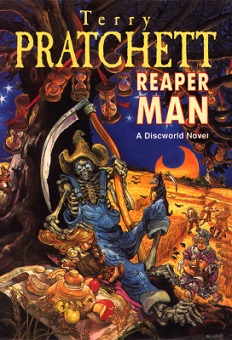Just in time before the deadline closes, let’s talk a bit about potential candidates for the Hugo’s best fan writer award:
First for consideration is Deidre Saoirse Moen, for her work in uncovering and investigating the child abuse of Walter Breen & Marion Zimmer Bradley in fandom, a story that waited fifty years to become fully public. She’s not the only one who had been pushing this story last year, but she was the impetus behind getting what “everybody knew” out in public and making it undeniable. It’s not a happy fun story and I do have the feeling some segments of fandom are less than happy with her for doing this, but it’s an important bit of fan history that was previously swept under the carpet and it illuminated the deep dysfunctionality of some corners of fandom. Something that’s sorely needed especially today, as fandom attempts to belately welcome those who want to be fans but by reason of gender, race, sexual or gender orientation found themselves less than comfortable in it.
Similarly, James Nicoll has also been adept at peeling back the foreskin of ignorance and applying the wirebrush of enlightenment to fandom, being an amplifier both of inconvenient truths and an (unpaid) publicist for worthwhile ventures that otherwise might have escaped my knowledge. His critical attitude towards much of what happens in SF fandom makes his opinion on what is worth looking into that much more important. His recent reviewing site is also a good example of how he has helped shine a light on the more neglected corners of fantasy and science fiction.
The same can be said of Ian Sales, for his SF Mistressworks project, showcasing overlooked works by female writers that should be in the Gollancz Masterworks series. (Full discloser: I review for it). But I also like his own personal writing outside of it, on his blog and on Twitter, like James, that of a critically engaged fan.
Natalie Luhrs may call her blog Pretty Terrible, but it’s far from it. Her fan writing these days consists mainly of link posting and writing on Twitter, but don’t underestimate the power of a good link roundup. She has also been actively pursuing some of the nastier stories in fandom last year, one of the people who with e.g. Moen helped keep the MZB saga out in the open, as well as the Wiscon/Frenkel debacle and far too many other scandals. She has helped keeping fandom honest.
Abigail Nussbaum is one of those people whose opinions I always want to argue with, not because they’re wrong but because they’re consistently smart and well reasoned and I still disagree with them and they make me think more about why I like something she doesn’t or vice versa.
The same goes for Ethan Robinson, who is often wrong, but interestingly wrong.
Fanzine wise, Europa SF is a great project that deserves more attention, attempting to provide an English language portal for the European (continental) science fiction scene(s). In a world so dominated by American and British concerns, any counter to it is welcome.
The other fanzine I like to nominate people will probably not know, is Chaos Horizon, attempting to “make sense out of awards chaos” and predict the Hugo/Nebula winners. Whether they succeed is not the interesting part, but just getting some scientific rigour to this whole awards business is sorely needed.

